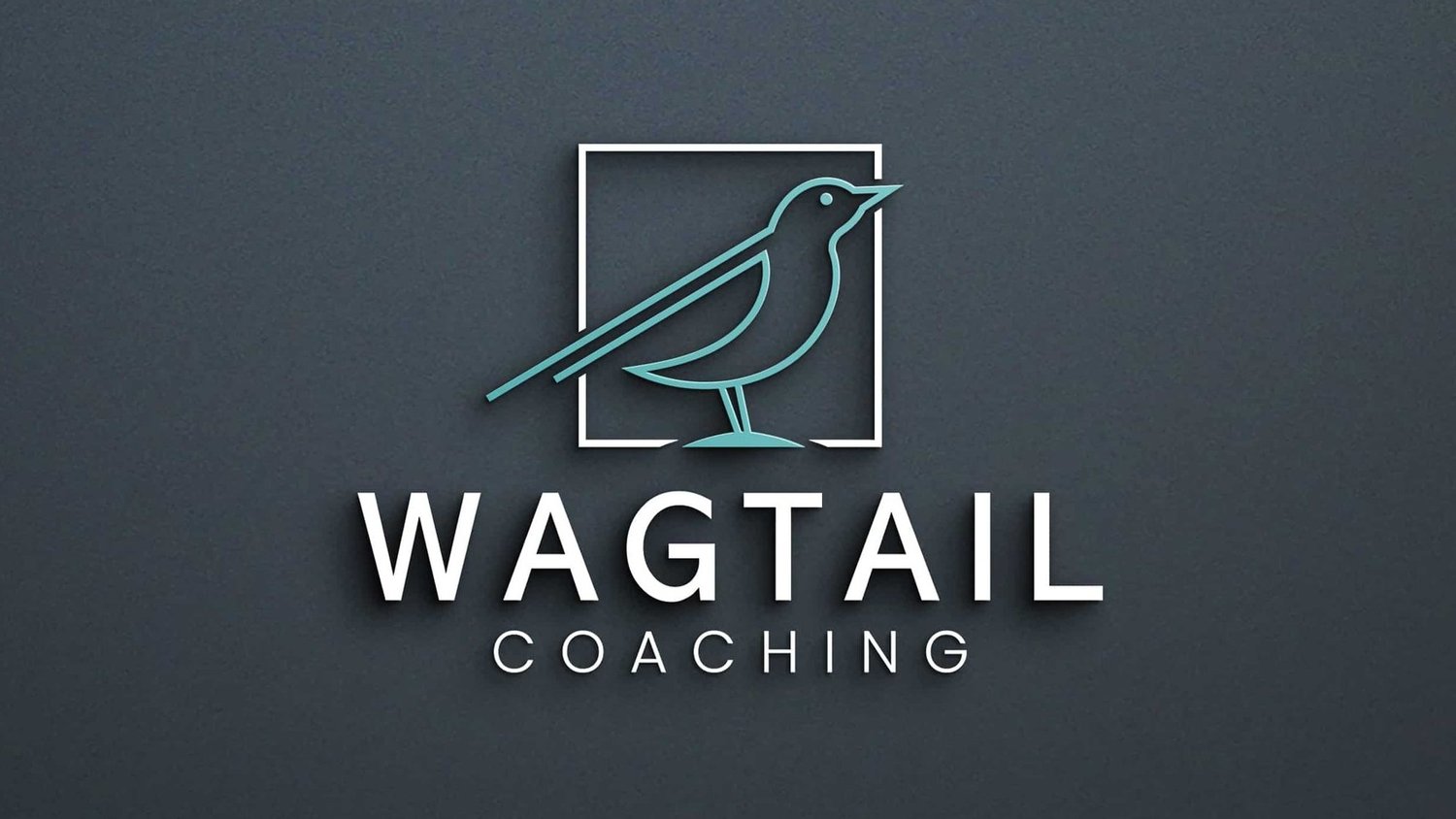
Coaching and Leadership Blog

How to Build Confidence in Workplace Meetings, One Skill at a Time
Many people think confidence in meetings is something you either have or you don’t. In reality, confidence is built through small, practical skills - from preparation and listening to body language and asking good questions. This article breaks confidence down into manageable steps, helping early and mid-career professionals speak up more clearly and calmly at work.

Do I Need A Coach Or A Therapist?
If you’re feeling stuck, overwhelmed or at a crossroads, you might be wondering whether coaching or therapy is the right next step. This gentle, practical guide explores the differences and helps you make an informed choice about the support that will serve you best.

What If Your Energy Was the Boss This Week?
Learn how to plan your week around your natural energy, perfect for introverts, ADHD and autistic people. Discover what drains you, what energises you, and how to work with your natural rhythm instead of fighting it.

Why Your Body Holds the Answers Your Mind Can’t Reach
Mind–body coaching isn’t a trend, it’s a return to understanding yourself from the inside out. By learning to read the signals your body sends every day, you gain clarity, settle your nervous system, and create change that’s aligned, sustainable and deeply human. This approach bridges science, sensation and self-awareness in a way that transforms how you live and lead.

From Chaos to Clarity: How ADHD Became My Compass
For most of my life, I sensed my brain worked differently, but I didn’t have the language to understand why. Getting an ADHD diagnosis as an adult changed everything. It brought clarity, compassion, and a new way of working with my mind and body, and it’s now the foundation of the coaching I offer.

